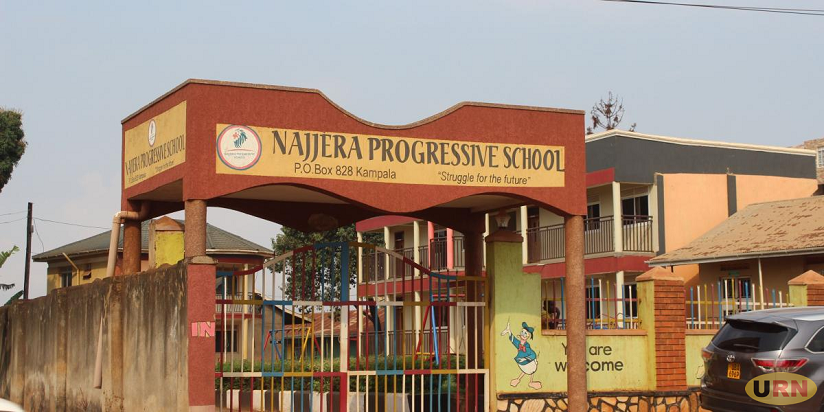Najjera progressive school is indefinitely closing
Proprietors of private schools have rejected the government offer of accessing some loans from the Microfinance Support Centre.
Following the closure of schools due to the outbreak of the Covid-19 pandemic, many private schools have been threatened with auctions due to loans acquired, rent arrears and other financial challenges due to blockage of cash flows.
As a result, many are being forced out of business and are selling off the schools, others are transforming schools into other businesses.
The Minister of Education and Sports Janet Kataha Museveni advised that school owners turn to Microfinance Support Centre.
“Certainly, private schools must provide evidence of being operational for two years or more. But the principle here is a little different from the stipulations of the UK government’s furlough and bounce back loan schemes. In Uganda we may not have the same financial largesse but, in our way and within our means, we are doing everything possible to assist,” she noted.
Belinda Atim, the MSC spokesperson, says that although they don’t have a special package for schools, the owners of the schools can access funds in MSC through the Small, And Medium Enterprise – SME window.
“The schools can reach out to us. We can give them loans at an interest rate of 17 percent per annum,” Atim said.
However, private school owners through their umbrella body, the Proprietors of Private Education Institutions’ Association- PPEIAU in Uganda don’t see this as a viable solution.
Mike Kironde, the PPEIAU National Chairperson, says schools require a lot of money which the Microfinance Support Centre might not be able to offer in one lump sum. He adds that even if they had accepted, the interest rate offered by MSC is too high.
Kironde, says that the only solution government can do is freezing their loans so that they stop accruing interest before schools reopen.
Kironde, however, notes that the window can be used by some small scale institutions to help them finance their loans and be saved from being pushed out of business as they wait for school reopening.
James Abola, a financial advisor at Akamai Financial Services, says school owners regardless of the size of their portfolios should think twice before accepting any loan from MSC. Abola says although the new loan can help school owners to reduce the burden, it might end up sinking schools into a deep loan ditch.
According to PPEIAU schools need about shillings a 2.5 trillion bailout (approximately 5.5 percent of the current national budget.
The banking sector, under Uganda Bankers Association (UBA), has already noted that they are not interested in selling distressed school properties, urging the government to come up with a funding mechanism instead of advising proprietors to sell off their properties to clear debt obligations.
Reports also show that there is a model that has been developed by the banks together with school owners. If considered, it provides schools with a window through which they can apply for relief or apply to access credit to solve cash flow challenges.
The funding model is structured in a way that banks can assess and submit distressed portfolio exposures to the Central Bank for onward funding, however, this specific model is yet to be approved.
Recently the Minister of Finance Matia Kasaija re-echoed that government might not give schools this desired bailout advising school owners to sell off some of their assets to clear debts that have accumulated in the last two years.
-URN






The interest rates should be low.